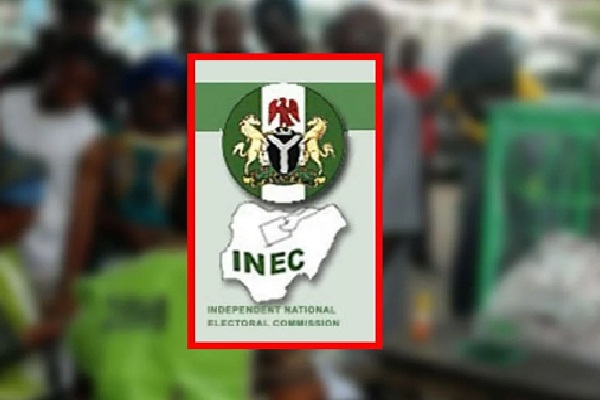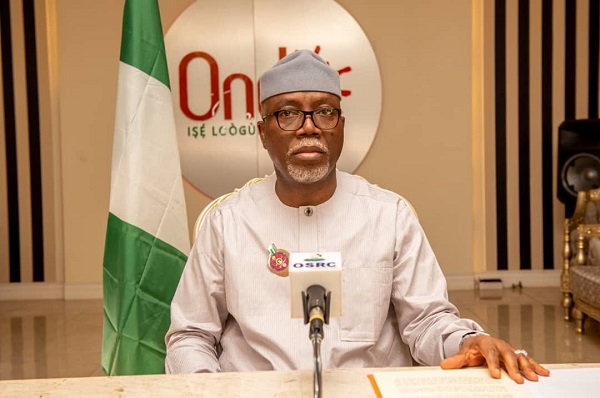
The civil societies have decried the selection process of the Chairman of the Independent National Electoral Commission (INEC), insisting that whoever will succeed the outgoing occupant of the office should be neutral and be of high integrity.
This position was canvassed at the public presentation of three key outputs from its Civic Space, Poverty and Elections (CISPEN) project to ensure constitutional altercation and trust in INEC ahead of the 2027 general elections, by the Women’s Rights Advancement and Protection Alternative (WRAPA) in partnership with the African Centre for Leadership, Strategy & Development (Centre LSD).
The groups argued that credible elections, being the heartbeat of democracy, would require a neutral electoral umpire but faulted the process of appointing the leadership of the body.
Presenting a keynote address at the presentation, titled, “Towards a free, fair, and credible elections in Nigeria,” an activist and leadership development expert, Dr. Hussain Abdu said INEC’s independence is only as strong as the process by which its leaders are selected, lamenting that process is fundamentally flawed.
Expressed worry over Nigeria’s troubled electoral history, describing it as one marred by manipulation, imposition of leaders, and political violence.
He warned that unless the process of appointing INEC leadership is reformed, the country’s democratic journey will continue to face setbacks.
“If credible elections are the heartbeat of democracy, and civic space is the oxygen that keeps it alive, then INEC, our electoral umpire, is the referee tasked with ensuring the rules of the game are fair. But here lies the problem: how can we expect the game to be fair when the referee is chosen by one of the teams?
“INEC’s independence is only as strong as the process by which its leaders are selected. And today, that process is fundamentally flawed,” he said.
Abdu also decried the long history of electoral malpractice in Nigeria, noting that citizens have become increasingly frustrated by rigged elections and political violence.
“There is also a growing sense of frustration, despair, and even cynicism. Cynicism was born from decades of betrayal. Elections that are stolen in broad daylight. Political violence has turned ballots into battlefields. Leaders who emerge not through the honest verdict of the people but from backroom deals and rigged processes.
“Since independence, Nigeria’s democratic journey has been turbulent, characterised by promising starts and devastating setbacks. From the violent collapse of the First Republic to decades of military rule, and even in this Fourth Republic, our elections have too often been characterised by fraud, violence, voter suppression, and a painful deficit of credibility,” he stated.
Abdu also challenged citizens to take responsibility for demanding reforms and defending democratic values, stressing that politicians have failed to uphold the principles that sustain democracy.
“Credible elections don’t happen by chance. Civic space doesn’t defend itself. Independent umpires are not handed out as gifts from the powerful. They are won through struggle, persistence, and the courage of citizens who refuse to accept anything less than democracy in its truest form.
“As 2027 approaches, the question before us is simple: Will we rise to the challenge? Or will we stand by and watch history repeat itself? I believe the time for apathy and excuses is over. We need to act as swiftly as possible.
“Let us build a Nigeria where elections reflect the will of the people. A Nigeria where civic space flourishes. A Nigeria where INEC belongs not to any party or presidency, but to all of us,” he stressed.
Outlining the key policy outputs of CISPEN, the founding Executive Director of Center LSD, Dr. Otive Igbuzor said the focus of the project includes a policy brief on protecting civic space, a policy brief on improving electoral credibility, and a memorandum for constitutional alteration on INEC leadership appointments.
Secretary-General of WRAPA, Hajiya Saudatu Mahdi, linked the health of Nigeria’s elections to the shrinking of civic space.
Represented by Mrs. Yemisi Nathaniel, the WRAPA Secretary-General, said, “Let us recommit ourselves to building a Nigeria where elections are credible, civic voices are protected, and poverty no longer excludes citizens from full democratic participation. The 2027 elections are not far off; the time to act is now.”



